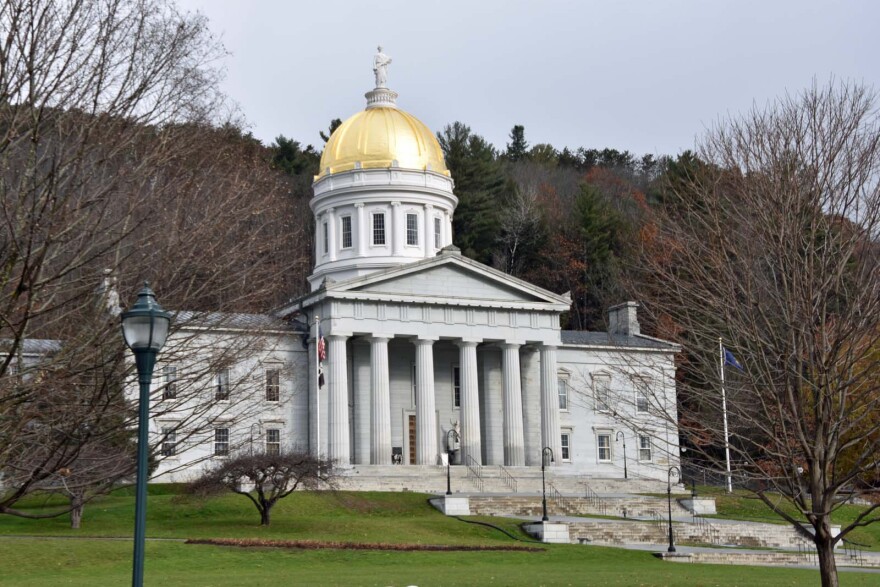Vermont Governor Phil Scott called the Vermont Legislature into special session Monday to pass legislation allowing municipalities to implement mask mandates if the locality wants.
With growing calls for action to curb a rising number of COVID-19 cases in the state, the Republican responded with what he called a compromise: a special session to pass limited legislation allowing local governments to pass mask mandates, but not a new state of emergency.
The legislation was first considered in the state Senate. During debate supporters of the bill said it was necessary because Scott has been slow to respond to the spike in cases. Windham Democrat Jeanette White chairs the Senate Operations Committee and presented an overview of the bill.
“A number of towns have reached out and asked for this authority. There are of course many towns who do not support this and have no intention of using this authority. It probably mostly will be larger towns that are interested. They serve as hubs and especially see their numbers swell during these holiday seasons," said White. "This is a very, very narrowly crafted bill that only gives permission. It does not require anything. That’s all it does is gives permission.”
Opponents said the measure doesn’t provide localities guidelines or support to enforce mask mandates. Caledonia Republican Joe Benning noted towns already have the power to do what is in the legislation.
“We are about to allow small groups of people the ability to declare an emergency within their locality. This bill does not provide them any guidelines. It provides them with no financial support." Benning noted, "Interestingly enough those towns that would like to have this they already have this option without this bill being passed. Whether they can clear it with the Governor is another story.”
The measure passed on a 17 to 10 vote.
The Vermont House took up the measure following Senate action. While some of the debate mirrored that in the upper chamber, some House members raised concerns about criminal penalties that localities could impose. An amendment was offered addressing that concern but failed on an 86 to 46 vote. Representatives then voted on the main proposal.
Enosburgh Republican Felisha Leffler was among those voting against the bill.
“I cannot support passing this buck onto our towns in this manner. I cannot support the vague and altogether too broad guidelines on enforcement and penalties and other various definitions that we are leaving up to our towns, especially the matter of criminal penalties.”
Essex Progressive-Democrat Tanya Vyhovsky said Governor Scott placed those who want action taken in an untenable position.
“We can do better. As he has abdicated his responsibility and in lieu of his action to protect Vermonters we need to do something now and return in January and immediately do better for Vermont to provide a science driven response in line with the data that is demanding swift action.”
The bill passed the House on a 90 to 41 vote and sent it to Governor Scott for his signature.



